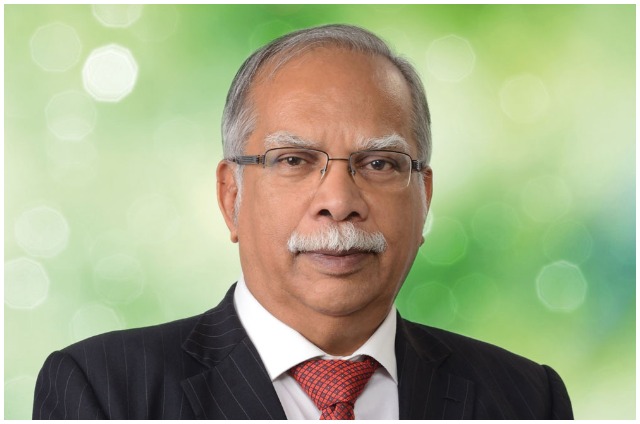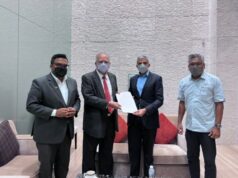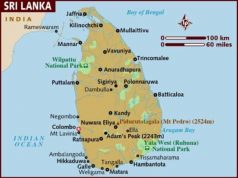24 March 2013-In an exclusive interview with THE WEEK, Sri Lankan High Commissioner Prasad Kariyawasam speaks about the UNHRC resolution and the implications.
Has domestic politics over Lankan Tamils damaged India-Sri Lanka ties?
There is no dispute between India and Sri Lanka. Our bilateral ties are not at all affected. Core issue has been the resolution, which was brought in by the United States. The resolution of the United Nations Human Rights Council was uncalled for as it does not take into account all the progress that Sri Lanka has made since the end of the war.


It was brought by LTTE lobbies from the west and they benefitted the most. This is becoming an annual ritual to humiliate Sri Lanka and play great games around Lanka and the Indian Ocean. Those who wish to see conditions on the ground in Sri Lanka are welcome to visit our country. In the past, too, we have invited leaders from Tamil Nadu to visit our country and assess the situation for themselves.
Did anyone respond to your invite?
One group representing the Congress party of India visited Lanka at the end of the conflict. Political parties from Tamil Nadu have not responded so far.
What do you have to say about the DMK moves?
We do not want to speculate on Indian political situation as it is an internal matter. All that we can say is that India’s political leaders, especially from Tamil Nadu, have not visited Sri Lanka in the last four years despite repeated invitation from us. That is why we say they are misinformed
Security implications of this phase of tension?
Our innocent citizens have been attacked in Tamil Nadu. Lankan monks are being attacked. Bank of Ceylon and Air Lanka offices were stoned. These are being done by a very small number of people, but it can be described as a form of terrorism.
What efforts have Lanka taken to normalise the ethnic conflict?
Sri Lanka has taken several initiatives on the ground to undo damage of several decades of violence. We have started a thorough process of reconciliation and rehabilitation, which is unique and perhaps the most extensive in the world.
Are there efforts to re-create the LTTE as a diplomatic power?
It is clear that the individuals and groups, who used to support the LTTE, have not given up their positions. They continue to believe that ethnic state building is still possible in Sri Lanka. Tamils are spread all over the country in Sri Lanka. Ethnocracy or ethnic nationalism is a thing of the past, but these individuals still dream about it.
Countries from West Asia to Africa and Sri Lanka are facing external diplomatic intervention. What message does it hold for bigger powers like India?
Many countries are concerned over this trend. Solution for any internal problem has to be found by the state itself; external help can be sought only if the people and the state seek it.
Do you think that India could also be dragged to the UNHRC on the internal issues faced by it?
Creating precedence for external intervention is not a good idea. India could be at the receiving end from such multilateral platforms in future. I request India not to open the floodgates of external intervention as it might engulf not just Sri Lanka but the entire South Asia.
Is this chill affecting high-level contacts between India and Sri Lanka?
Absolutely not. We have a robust relation with India.










